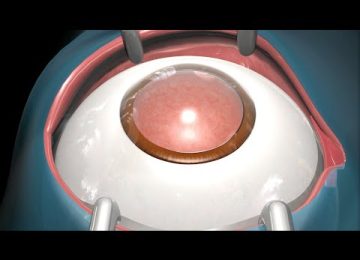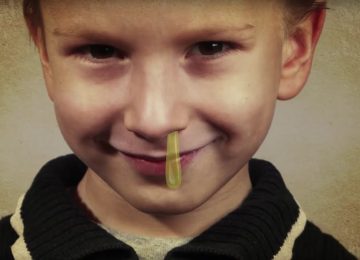Full Playlist: https://www.youtube.com/playlist?list=PLLALQuK1NDri_bN-3LYJQmzS9P898wm4t
–
–
Watch more Mental Health videos: http://www.howcast.com/videos/317000-How-to-Identify-Symptoms-of-Mental-Illness-in-a-Friend
Mental illness doesn’t mean that your friend is “crazy,” but it does mean that they need treatment. Here’s how to spot the warning signs.
Warning
Even if you see symptoms in your friend, only a medical professional can actually diagnose them.
Step 1: Consider their mood
Observe if your friend experiences extreme mood swings without anything provoking them, or if they have persistent feelings of sadness over time. These can be signs of mood disorders, with bipolar disorder and depression being the most common.
Tip
Keep in mind that some symptoms can be temporary reactions to stress or grief – not signs of mental illness.
Step 2: Consider their temperament
Observe their levels of anxiety. If they have a persistent inability to relax or sleep, lack concentration, are easily agitated, and have muscle tensions or a rapid heartbeat over a period of at least six months, those may be signs of an anxiety disorder.
Step 3: Observe their awareness
Ask yourself if your friend hears or sees things that are not real, or experiences delusions. Psychotic disorders involve a distorted way of thinking and awareness.
Step 4: Consider their social behavior
Ask yourself if your friend has exhibited any erratic, unusual, or inappropriate behavior in work, school, or social relationships, seems disinhibited in front of others, or is anxious and afraid around others. These can be symptoms of a number of personality disorders.
Step 5: Consider compulsions
Ask yourself if your friend has been performing compulsive, ritualistic behavior or unnecessarily repetitive actions, like constant hand-washing or checking things repeatedly.
Step 6: Observe signs of self-injury
Check to see if your friend exhibits evidence of self-harm or self-inflicted wounds, like cutting or scratching. Also, notice if your friend has become extremely thin or has expressed excessive negative attitudes and emotions about weight or food. Eating disorders, like anorexia nervosa and bulimia are classified as mental illnesses.
Step 7: Consider substance abuse
Ask yourself if your friend has any indications of drug or alcohol abuse.
Step 8: Talk to them
If your friend has exhibited any of these symptoms continually or several months, it may indicate they have a mental illness. Talk them in a supportive way and suggest they see a qualified physician or counselor for advice or help.
Did You Know?
A Stanford University study found that graduate students in creative disciplines shared more personality traits with a set of bipolar patients than with a group of their healthy – but non-creative – peers.






